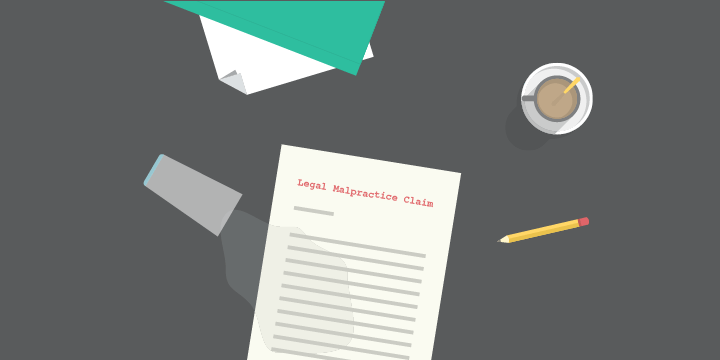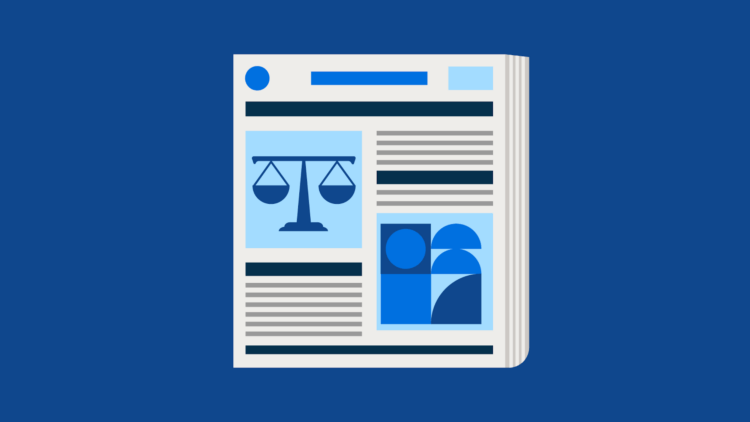Lawyers can normally expect to face three malpractice claims over the course of their practice, according to the ABA’s Standing Committee On Lawyers Professional Liability.
Mark Bassingwaighte of ALPS gave a great presentation on common malpractice traps and how to avoid them. Following these tips, lawyers can avoid the malpractice conflicts that affect other practices.
Mark’s 10 lessons that lawyers should heed to maintain an ethical practice:
- Failing to Know or Properly Apply the Law
- Failing to Document Scope of Representation
- Missed Deadlines
- Failing to Communicate
- Poorly Managing the Client Relationship
- Conflict Resolution Missteps
- Failing to Manage the Business Side of the Practice
- Forgetting to Take Care of One’s Self
- Getting too Comfortable with the Attorney/Client Relationship
- Suing Clients for Fees Invites Malpractice Counterclaims
We discussed some tools to help live the lessons taught by Mark.
First, be sure to access your state’s ethics opinions. The ABA’s Center for Professional Responsibilities maintains a list of State Disciplinary Agencies. This is a great resource for finding ethics opinions and help hotlines. These resources can help you know how the practice of law can be done safely.
You can also turn to colleagues and mentors for advice on issues and clients. The ABA’s Solosez mailing list is a great resource for tapping the collective knowledge of a nation of savvy solo and small firm attorneys. If you need local advice, the New York State Bar maintains a list of local bar associations organized by state. Also be sure to turn to your professional liability insurer for advice as well.
Many of the malpractice claims that arise out of missed deadlines, conflicts arising, failure to communicate and mismanaging clients and partners can be alleviated by practice management systems. The value of these systems is centralizing information and giving reminders of important information. These systems also help provide clear evidence of communication and value when disputes occur. Practice management systems are so valuable in mitigating malpractice claims that many professional liability insurers include questions about a law firm’s system. Some insurers go even further, obtaining discounted practice management systems for their clients.
Lawyers should also combine knowledgeable advice and a good tracking systems with others tools to reach out to clients before problems get out of hand. Communications tools like Skype, Google Voice and social media let lawyers keep their clients informed from any location. Online accounting through Xero, let’s firms know to contact clients before financial situations become entrenched conflicts. Lastly, legal-specific payment processors, such as the payments feature in Clio Manage, can help lawyers keep their funds sorted properly in the event of a client dispute.
When it comes to avoiding malpractice, good habits and proper tools can reduce the likelihood of a complaint. Do not be a lawyer that takes short cuts in these matters. Lawyers that fail to heed Mark’s lessons have already sown the seeds of their first malpractice claim
We published this blog post in November 2013. Last updated: .
Categorized in: Technology









